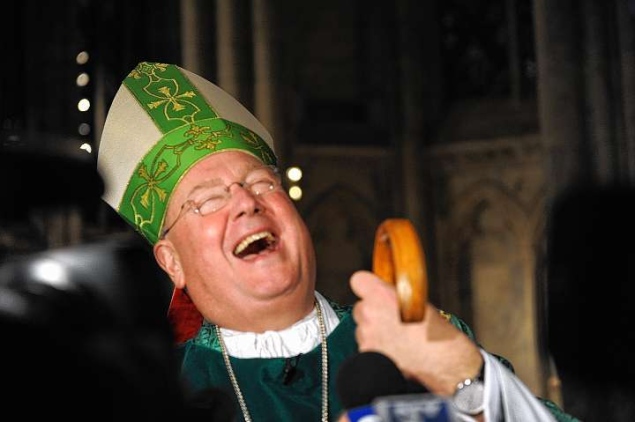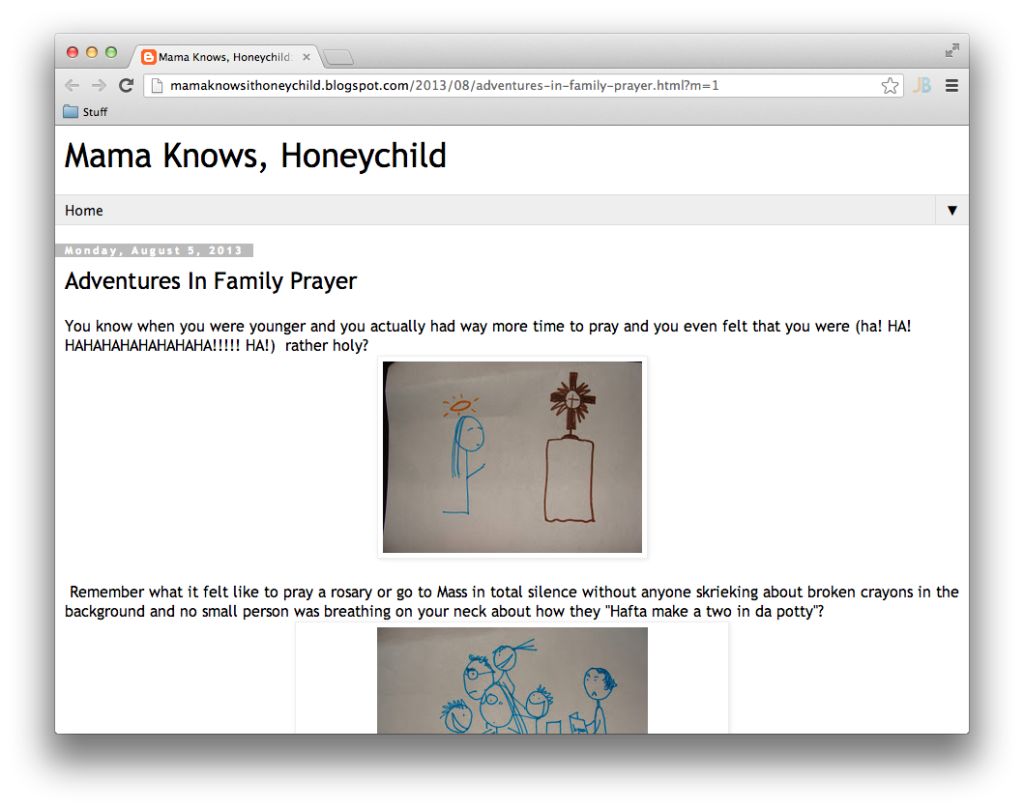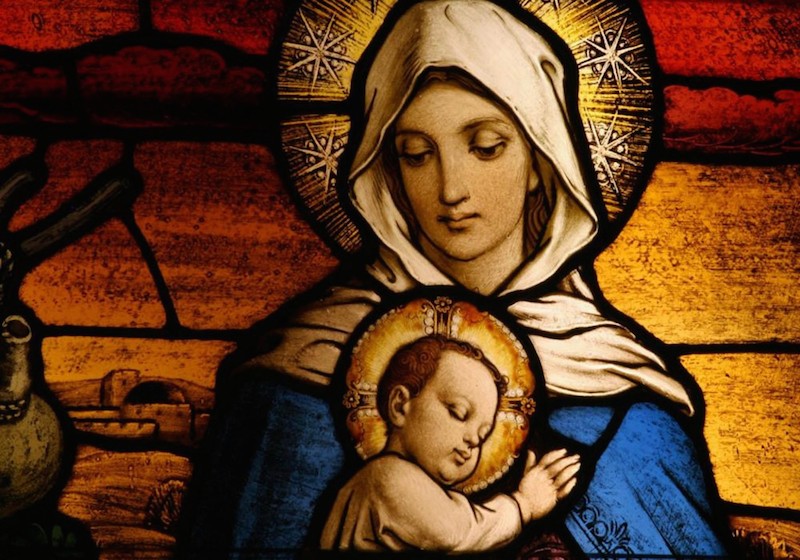Catholic Dating: Friends First

 Continuing our discussion concerning the Christian dating scene, today I would like to talk about “Friends First” dating. I would like to ruminate over some of the advantages of this approach, but I would also like to discuss some of the potential pitfalls, at least as I see them.
Continuing our discussion concerning the Christian dating scene, today I would like to talk about “Friends First” dating. I would like to ruminate over some of the advantages of this approach, but I would also like to discuss some of the potential pitfalls, at least as I see them.
In Christian formation and catechesis, you often hear praise of romantic relationships which were first based on friendship, before the addition of a romantic component. This is what is known as “Friends First” dating.
 The approach certainly has much to commend itself. After all, it makes sense to get to know someone, that person’s character, personality, interests etc., prior to the big rush of hormones and emotions that come with dating. The “high” that comes from being in a relationship can leave one blind to the warning signs. It’s not hard to find examples of what happens when someone rushes headlong into dating and becomes so emotionally entangled with the other person that it becomes extremely difficult to deal with problems in the relationship, or even to recognize when problems exist.
The approach certainly has much to commend itself. After all, it makes sense to get to know someone, that person’s character, personality, interests etc., prior to the big rush of hormones and emotions that come with dating. The “high” that comes from being in a relationship can leave one blind to the warning signs. It’s not hard to find examples of what happens when someone rushes headlong into dating and becomes so emotionally entangled with the other person that it becomes extremely difficult to deal with problems in the relationship, or even to recognize when problems exist.
I know plenty of people who have got together through physical attraction and initial chemistry, only to find out a month or two down the line that there isn’t really anything else on which to base the relationship. To their shock, they realize that the other person is not the person they thought at all! After all, it’s not too hard to “hide the crazy” for the first few months… 😉



